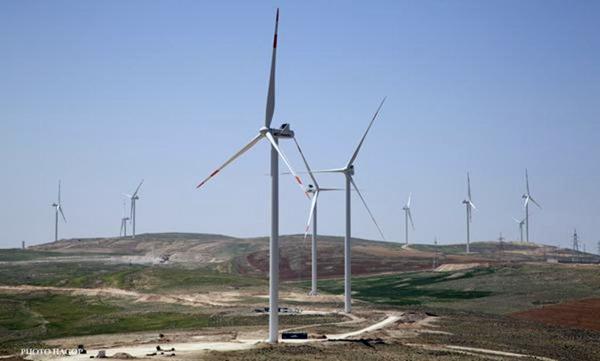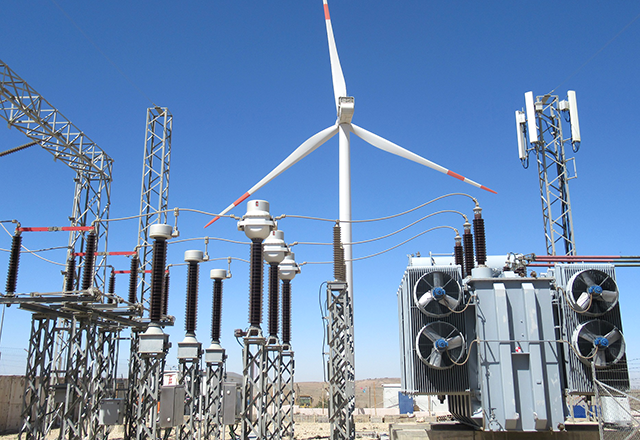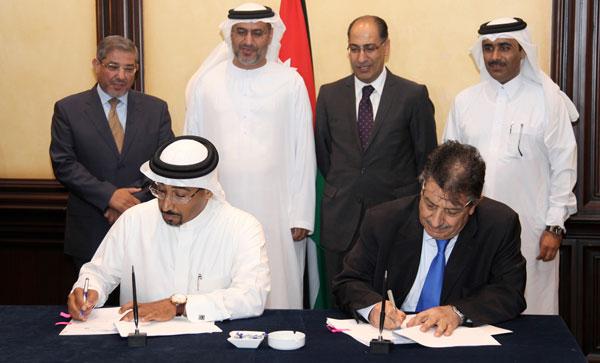You are here
Arab countries need to invest $334 billion on power — report
By AFP - May 11,2016 - Last updated at May 11,2016

A file photo of the Tafileh Wind Farm in the south of Jordan (JT photo)
DUBAI –– Middle Eastern and North African (MENA) states will need to invest $334 billion over five years to meet rising power demand in the region, a development bank said Wednesday.
The Arab Petroleum Investments Corporation (APICORP) said in a report that more than half the amount, $198 billion, will be needed to add 147 gigawatts (GW) of generating capacity until 2020, to the existing 315GW capacity.
The rest will go for transmission and distribution networks, said APICORP, the development bank of the Organisation of Arab Petroleum Exporting Countries (OPEC).
Electricity demand in the MENA region has been growing, driven by population growth, industrialisation and low power prices, the report said.
Despite projections for lower economic growth for the region, APICORP estimates that MENA demand for electricity will grow at an average of 8 per cent per year through 2020.
It estimated that 96GW of the required additional capacity are already in the execution stage.
The energy-rich Gulf Cooperation Council (GCC) currently has 47 per cent, or 148GW, of the MENA power generation capacity.
Still the GCC — Bahrain, Kuwait, Oman, Qatar, Saudi Arabia and United Arab Emirates — will need investments worth $136 billion to add a further 69GW until 2020, the report said.
OPEC kingpin Saudi Arabia is expected to account for $71 billion of the investments.
Non-Arab Iran is estimated to need $63 billion in investments to boost its power production by 23 GW to 93 GW over the next five years, the report said.
Iraq will need to spend $40 billion to double its electricity production to 29GW.
Egypt, the most populous nation in the region, is estimated to need $43 billion investments to raise its power production to 56 GW from 35GW.
APICORP however said several challenges and constraints face power investments in MENA states.
Oil-exporting countries, especially the GCC, are reducing expenditure and shelving capital investments, including in the power sector, due to the sharp decline in oil revenues, it said.
Financing power projects is becoming more challenging after rating agencies have lowered the credit worthiness of many MENA countries, APICORP said.
Price reforms are also expected to suppress demand for electricity in many countries.
Related Articles
AMMAN — The Arab Petroleum Investments Corporation (APICORP), a multilateral development bank, on Wednesday announced its first direct equit
Middle Eastern and North African states are expected to invest $755 billion in energy projects over the next five years despite the plunge in world oil prices, a key lender says.
AMMAN — Jordan on Thursday signed a memorandum of understanding with the GCC Interconnection Authority to join the Gulf countries’ power gri


















